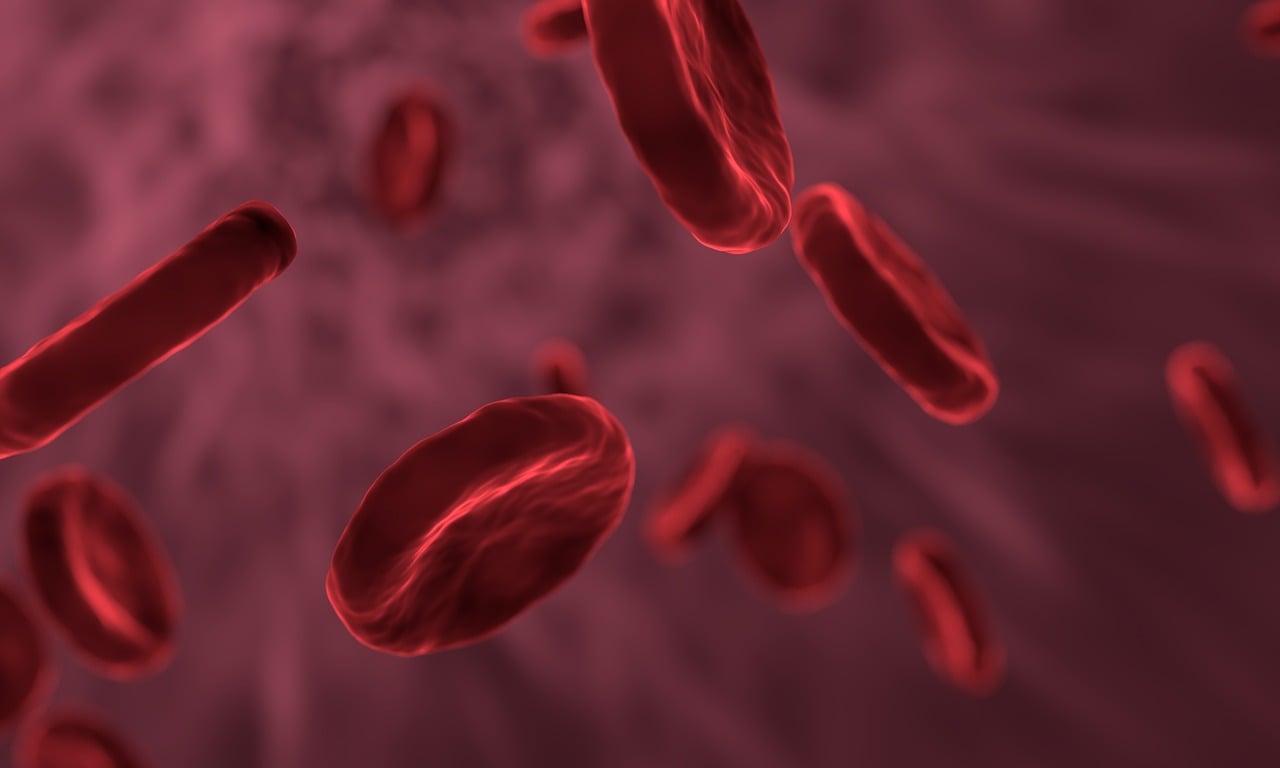Attachments
Note: Not all attachments are visible to the general public. Research URLs will go live after the embargo ends.


Journal/
conference: Nature
conference: Nature
Research:Paper
Organisation/s:
The University of Sydney, The University of Queensland, Baker Heart and Diabetes Institute, WEHI, The University of Melbourne, The Heart Research Institute, ThromBio
Funder:
This work is supported by the National Health and
Medical Research Council (NHMRC) (APP1176016 (S.P.J.) and 1183806 (A.F.S.)), the NSW Office
of Health and Medical Research (OHMR) (S.P.J. and S.M.S.) and the Myee Codrington Medical
Research Foundation (A.F.S.).



 Australia; International; NSW; VIC; QLD
Australia; International; NSW; VIC; QLD


